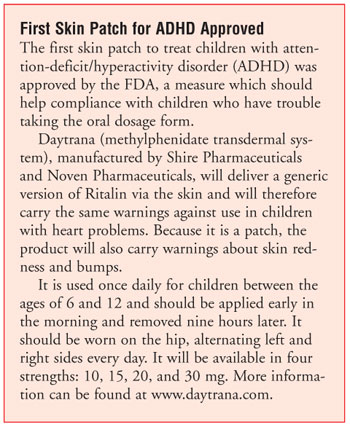FDA to Monitor Cell Phone
Safety
Many have written off the connection between brain tumors and cell phones as
an urban legend, but research conducted in Sweden suggests that the use of
cell phones over a long period of time can actually raise the risk of brain
tumors. The FDA debunks the study, stating there is no scientific evidence
available showing any health-related problems are associated with the use of
wireless phones.
However, the FDA is leaving
the door open to the possible link between cell phone use and brain tumors by
saying it will continue to monitor studies for health problems stemming from
exposure to radiofrequency energy.
The Swedish study, conducted
at the Swedish National Institute for Working Life, compared data from 2,200
cancer patients and an equal number of healthy patients. There was a 240%
claimed increase in the risk of cancerous tumors on the side of the head in
those patients who made heavy use of their cell phones (2,000 or more hours or
about one hour per day for 10 years). The results were published in the
International Archives of Occupational and Environmental Health.

Court Order Halts Illegal
Importation of Rx Drugs
The U.S. District Court for the Southern District of New York entered a
consent degree against Canada Care Drugs, Inc., that effectively gave it the
authority to ensure the defendants do not continue violating the law by
importing drugs, receiving commissions from the importation of drugs, and
advertising or promoting any drug importation service. The defendants have to
surrender $4,000 in profits from their illegal activities.
The FDA's investigation, which
began in 2004, involved undercover purchases of prescription medications
through Canada Care. According to sources at the FDA, medications purchased
outside the consumer safety protections built into the U.S. drug distribution
system are a public health concern because patients cannot be sure of the
quality, safety, and effectiveness of such drugs. During their investigation,
the FDA agents also discovered that many of the products they purchased
undercover arrived with inadequate instructions for use or in inappropriate
quantities that facilitate use of the product without the input of a
physician. The FDA claims that drugs purchased through this route are more
likely to be counterfeit, contaminated, or inherently ineffective. They may
even contain different amounts of the active ingredients from similar drugs
that are FDA approved.
"This court order is another
example of FDA's efforts to stop illegal drug imports--a practice that can
present a health hazard to patients," said Margaret O'K. Glavin, associate
commissioner for regulatory affairs.
FDA Approves Drugs for
Heart Transplant Patients
The FDA recently
approved Prograf (tacrolimus), a drug that suppresses the body's immune
reaction, for the prevention of graft rejection in heart transplant
recipients. Prograf acts by a mechanism similar to that of cyclosporine,
another immunosuppressant used to prevent transplant rejection. Prograf offers
an alternative to cyclosporine for use in certain combination
immunosuppressive regimens in liver, kidney, and heart transplantation.
Prograf capsules and Prograf
for injection represent the first products approved in the U.S. for heart
transplantation in eight years. They had been previously approved for the
prevention of graft rejection in the recipients of liver and kidney
transplants.
To comment on this article,
contact
editor@uspharmacist.com.






